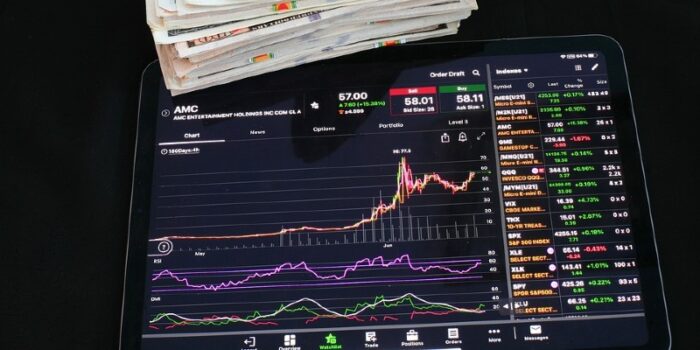
You must have heard a lot about an upcoming global recession in the news lately. The World Bank in Washington recently confirmed that an economic downturn would badly hit at least 1/3rd of the world and predicted that global economic growth would be only 0.5%.
But what is a recession, and why are people worried about it? Can it be predicted and avoided? Let’s take a look.
A recession happens when the economy slows down and productivity goes below zero. This period is characterised by unemployment, high rates of interest and inflation, and a very low Gross Domestic Product (GDP). In other words, when businesses across sectors don’t earn enough profits, it directly affects the economy as people lose their jobs, which results in them not spending much money leading to products not being sold, which leads to many businesses shutting down. While the prices of goods and services are always going up, the incomes of people are going down.
Recessions are cyclical in nature and tend to occur every five-ten years. However, some economists believe that recessions should not be seen as a common occurrence and that it indicates a deeper issue of a flawed societal structure that values profits over anything else. Most of the time, it takes a few months for a country’s economy to recover from a recession, but sometimes it can go on for years, in which case it is called an economic depression.
There can be many factors that cause an economic recession, and many times it is a combination of factors that leads to a recession. The causes are mostly external factors such as war, a pandemic or unrest in some parts of the world, which majorly disrupt the normal flow of business worldwide. When the COVID-19 pandemic started in 2020, we saw a recession as the world shut down, affecting many businesses and people throughout the world.
Sometimes, it doesn’t even have to be a huge event that triggers a recession. If a huge renowned company abruptly fires a lot of people, this would make other employees feel nervous and make them spend less on products and save more as a precautionary measure. If a large part of the population did this of spending less money and saving more, it would lead to products not being purchased, which would again cause loss for a lot of businesses.
Recessions can be predicted by looking at the factors detailed above, and many economists can predict a low economic period. But avoiding recessions altogether is unattainable. Governments and policymakers can try and build economies that can recover from recessions quicker, but they cannot fully escape them. This is because every country has people like you and me working and living in them. We are all part of the same economic system. With so many factors to consider, it becomes impossible to predict how people like us will behave or what circumstances we will face tomorrow.
Now that you know more about a recession, what else about the economy would you like to know about? Let us know in the comments.
Madhavi is passionate about everything to do with books, art, literature, films, trivia and food. A former journalist, she believes that asking questions makes life interesting.